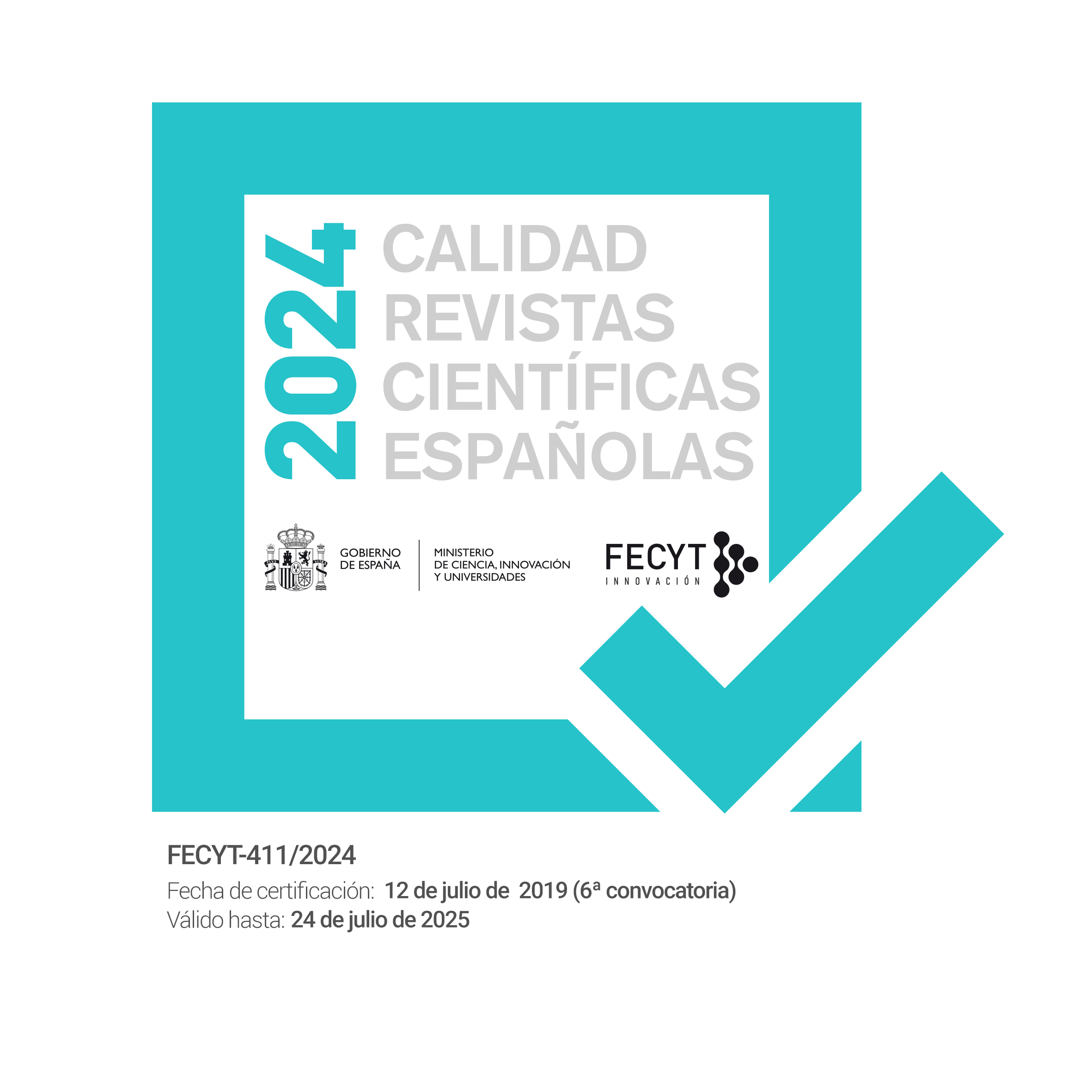Los mutilados de Franco: el Benemérito Cuerpo y la política social en la España franquista
DOI:
https://doi.org/10.53351/ruhm.v5i9.156Palabras clave:
excombatientes, mutilados, masculinidad, Millán Astray, EspañaResumen
En 1943 la asociación de mutilados "nacionalistas" –el Benemérito Cuerpo de Mutilados de Guerra por la Patria (BCMPG)– ya contaban con un relatado 50,000 miembros. Basándose en los resultados de un estudio preliminar de los expedientes personales de los mutilados incorporados en el BCMPG y de los fondos de la Dirección de Mutilados de Guerra por la Patria, el presente artículo analiza los factores que determinaron el ingreso de individuos en este Cuerpo, la medida en que éste eliminó la penuria de sus miembros y la eficacia del BCMGP con respecto al fomento del apoyo social de la dictadura franquista.
Descargas
Descargas
Publicado
Número
Sección
Licencia
Derechos de autor 2017 Revista Universitaria de Historia Militar

Esta obra está bajo una licencia internacional Creative Commons Atribución-NoComercial-SinDerivadas 4.0.
Licencia Creative Commons Atribución-NoComercial-SinDerivar 4.0 Internacional
Esto es un resumen legible (y no un sustitutivo) de la licencia.
Usted es libre para:
Bajo los siguientes términos:
-
Atribución — Usted debe darle crédito a esta obra de manera adecuada, proporcionando un enlace a la licencia, e indicando si se han realizado cambios. Puede hacerlo en cualquier forma razonable, pero no de forma tal que sugiera que usted o su uso tienen el apoyo del licenciante.
-
NoComercial — Usted no puede hacer uso del material con fines comerciales.
-
Sin Derivar — Si usted mezcla, transforma o crea nuevo material a partir de esta obra, usted no podrá distribuir el material modificado.
No hay restricciones adicionales — Usted no puede aplicar términos legales ni medidas tecnológicas que restrinjan legalmente a otros hacer cualquier uso permitido por la licencia.








